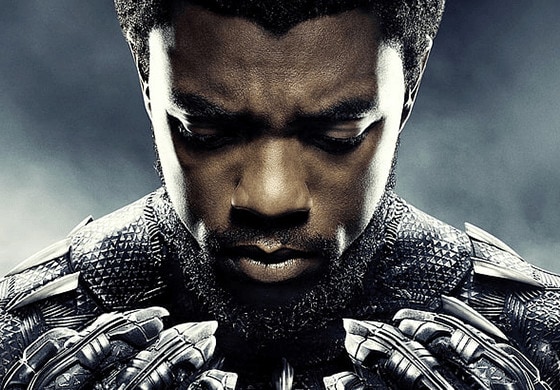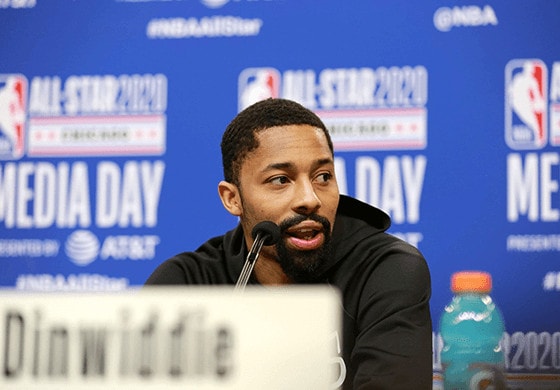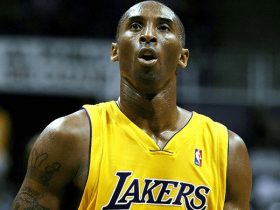

Subscribe to our Newsletter!
Get our latest news straight into your inbox


Remembering Chadwick Boseman
The Man Behind the Myth
Although he enjoyed recognition and distinction for his performances in such films as 42 and Get on Up, there is no denying — from the IMAX screen to the scope of life — Chadwick Boseman was the Black Panther. He was one of those rare Hollywood figures who earned their status through commitment to real-life charitable endeavors, in effect assuring due excitement when T’Challa made his big screen debut in 2018.


Born in Anderson, South Carolina to a nurse and a textile factory worker, Boseman’s passion for the arts was solidified in high school when he wrote and directed a play during junior year. Titled Crossroads, the story was inspired by a classmate of Boseman who was shot and killed when both students were on the school basketball team. For Boseman, the event proved a turning point, both personally and professionally. In a quote reminiscent of past traumas simultaneous to being eerily self-prophetic, he once stated, “You have to cherish things in a different way when you know the clock is ticking, you are under pressure.”
Initially wishing to write and direct films himself, Boseman ultimately found success as a film and television actor in 2003, yet the transition didn’t prove to be a steady one. Boseman was open about his experiences with prejudice and abuse of power in the film and television industries, a noteworthy example being his firing from All My Children when he questioned perceived stereotypes and racist attributes to his character.
Boseman continued to act on stage and in recurring television roles before his breakthrough role as Jackie Robinson in 42. The character’s struggle towards becoming one of baseball’s most famous faces shared thematic similarities to Boseman’s own career trajectory. In many ways, Boseman was the underdog in a business priding itself on youth, semi-exploitation, and a clubhouse sense of exclusivity. When he took the role, he was 37, and he continued to increase his filmography with features such as Get on Up, Gods of Egypt, and Marshall.


Despite his success, however, it was 2018 when Boseman would became a household name. Enter Black Panther. Although he appeared in the ensemble cast of Captain America: Civil War, the full impact of Boseman’s characterization swept up audiences when the Black Panther film premiered on February 16. Grossing more than $1.347 billion worldwide in revenue, not only did it mark the highest-grossing film made by an African-American director, but also marked itself as the ninth highest-grossing film universally of all time.
Boseman as T’Challa was a rare opportunity when an actor and a character became synonymous because of their cultural impacts, thereby leading to Boseman reprising the role for the highly-anticipated follow-up films Avengers: Infinity War and Avengers: Endgame. In the film, the character of T’Challa is forced to reckon with being crowned king of the mythical African county Wakanda, but with the moral implications of his predecessors and the impact that has on the larger, international community. Viewers got to see a hero who was flawed, and whose heroic triumphs ultimately rested on those flaws, rather than subsided them. Once again, T’Challa’s ultimate successes seemed to imitate Boseman’s own accomplishments during his career. After many struggles as a working actor and a late start to a consistent Hollywood career, Boseman had not only succeeded as a movie star, but also as someone who created meaningful and long-lasting work.
Thus, as we mourn his loss, there is a small amount of comfort that can be taken in what Boseman left behind. We got to see a performer’s humanity shine through their art and be one with it. In the case of Chadwick Boseman and the Black Panther, this proves to be a marvelous exception to that rarity.
Share This
– Advertisement –
Subscribe To Our Newsletter
Get our latest news straight into your inbox.



















Leave a Review